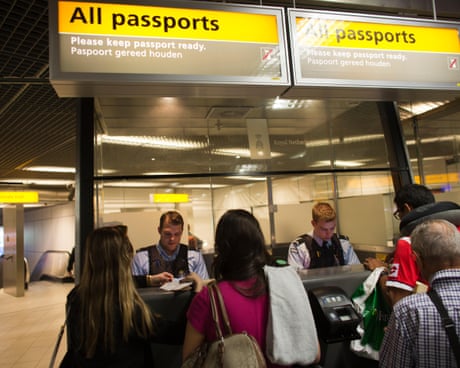Russian opposition figures have expressed anger and dismay over the European Union's decision to ban multi-entry visas to the Schengen zone for Russian citizens. The EU foreign policy chief, Kaja Kallas, stated the tightened rules were a response to Russian drone incursions into European airspace and sabotage attacks linked to Russia. However, many in the Russian opposition believe the move is counterproductive, arguing that ordinary Russians are being penalized for the actions of their government, while Putin's elite will find ways around the restrictions.
Opponents like Ilya Yashin, a jailed Russian politician, stated that blaming an entire country for its government's actions is unjust. He highlighted a trend of Western restrictions targeting ordinary Russians while the elite remain unaffected. Yashin suggested that instead of implementing broad restrictions, the West should ally with anti-war Russians and those seeking change in Russia to form a united front against Putin.
Exiled Russian journalist Sergey Parkhomenko criticized the visa decision as "extraordinarily idiotic, ineffective, and demonstratively helpless," viewing it as a symbolic gesture by the European elite. While the Schengen visa rules are already in effect, and some countries have implemented stricter entry bans, Hungary has reportedly stopped issuing any multi-entry visas, and Italy plans to adhere to the EU policy, with limited exceptions for individuals demonstrating exceptional integrity and reliability.
The EU has indicated potential exceptions for those with close relatives in exile, human rights activists, or independent journalists. However, opposition figures dismiss these exceptions as unhelpful, fearing that Russian authorities will automatically label anyone receiving such visas as an enemy of the Putin regime. Russian journalist Elena Kostyuchenko noted that the new rules will impede the work of opposition media outlets that depend on anonymous colleagues in Russia for reporting, as multi-entry visas facilitate in-person meetings and coordination.
Conversely, many Ukrainians and some European politicians argue that Russians should bear collective responsibility for the war, especially as Russian hybrid activities in Europe intensify. Ukrainian presidential chief of staff Andriy Yermak welcomed the decision, stating that travel to the EU is a privilege, not a right, and that stricter rules for Russian citizens' entry are necessary for the safety of democratic countries. Former Estonian president Toomas Hendrik Ilves criticized Russians protesting the visa ban for appearing more concerned about their travel restrictions than about war crimes in Ukraine. Yas... download the app to read more
YoyoFeed ! Follow top global news sources, read AI-powered summaries, ask AI your questions, translate news into your language, and join live chats — all with YoyoFeed!
